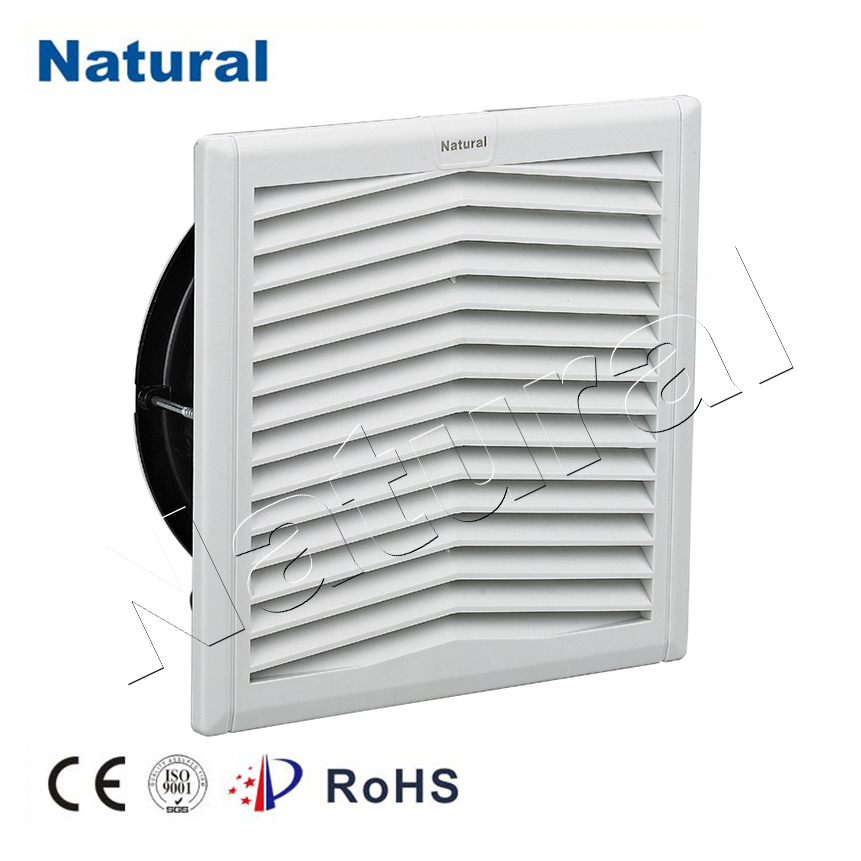Indoor air quality (IAQ) is a critical factor that directly impacts our health, comfort, and overall well-being. With the rise in pollution levels and the increasing awareness of airborne contaminants, the demand for effective air filtration solutions has grown significantly. One such solution gaining prominence is the Fan Filter Unit (FFU), a device designed to enhance IAQ in various indoor environments.

What is a Fan Filter Unit? A Fan Filter Unit, commonly referred to as FFU, is a compact and versatile air filtration system that combines a fan and a high-efficiency particulate air (HEPA) or ultra-low penetration air (ULPA) filter. FFUs are used in various applications, including cleanrooms, laboratories, data centers, and healthcare facilities. They are designed to maintain a controlled and clean environment by effectively capturing and removing airborne particles, allergens, and contaminants. Key Features and Benefits FFUs offer several key features and benefits that make them a valuable addition to indoor spaces: High-Efficiency Filtration: The primary function of an FFU is to ensure the removal of particles as small as 0.3 micrometers in diameter. This level of filtration is crucial in environments where even the tiniest contaminants can have adverse effects on processes, equipment, or human health. Uniform Air Distribution: FFUs are equipped with powerful fans that distribute filtered air evenly throughout a designated space. This uniform air distribution helps maintain consistent IAQ levels across the entire room, eliminating potential hotspots or areas with stagnant air. Customizable Configurations: FFUs can be tailored to specific needs. They come in various sizes, airflow capacities, and filter options, allowing them to be optimized for different environments. This adaptability makes them suitable for both small-scale applications and large industrial settings. Energy Efficiency: Modern FFUs are designed to be energy-efficient, utilizing advanced fan technologies and variable speed controls. This not only reduces energy consumption but also provides flexibility in adjusting airflows based on real-time IAQ requirements. Reduced Maintenance Downtime: FFUs often have filter change indicators that alert users when it’s time to replace filters. This proactive feature helps prevent unnecessary downtime and ensures continuous filtration efficiency. Applications of FFUs The versatility of FFUs makes them valuable across various industries and settings: Cleanrooms: Industries such as electronics manufacturing, pharmaceuticals, and biotechnology rely on cleanrooms to maintain sterile environments. FFUs play a pivotal role in keeping these spaces free from particulate contamination. Data Centers: Data centers generate significant heat, requiring precise temperature and humidity control. FFUs aid in cooling equipment while removing dust and other particles that can affect server performance. Healthcare Facilities: In healthcare settings, maintaining clean air is crucial to prevent the spread of airborne pathogens. FFUs contribute to creating sterile conditions in operating rooms, isolation units, and laboratories. Laboratories: Research and testing laboratories require controlled environments to avoid cross-contamination and preserve the integrity of experiments. FFUs provide a reliable solution for maintaining the necessary air quality. Commercial Spaces: Offices, retail stores, and public spaces can benefit from improved IAQ through the installation of FFUs, promoting a healthier and more comfortable atmosphere for occupants. Conclusion As the importance of indoor air quality gains prominence, the role of Fan Filter Units becomes increasingly vital in ensuring clean and controlled environments. These versatile devices with their high-efficiency filtration, uniform air distribution, and customizable configurations offer a range of benefits across industries. From cleanrooms to healthcare facilities and commercial spaces, FFUs contribute significantly to the well-being of occupants, the longevity of equipment, and the success of various processes that depend on a controlled environment.